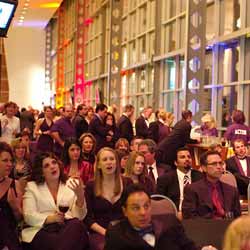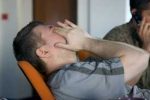
I work with a dynamic and incredibly smart man who is a physician and motivational speaker, Dr. Steve Bedwell. He speaks to a lot of business and healthcare groups; I asked him what his advice would be for young people who are students now or folks who are considering a new career track that requires training. He offers the following advice in relation to the three areas of the human experience.
Thinking
Since learning new information and taking onboard new skills requires a lot of thinking, he strongly suggests that students of all kinds learn mnemonic techniques and mind mapping. The mnemonic techniques will assist greatly in absorbing the huge amount of information that is thrown at students throughout their academic lives. It is well worth the time it takes to learn these skills that will pump up your ability to retain obscure data and vast lists of info.
The other item he recommends is learning how to do a mind map. If you’ve not heard of this before, it’s essentially a way of using your associative thinking in order to create new ideas and novel associations. This is a potentially very powerful tool to be able to wield.
Feeling
According to Dr. Bedwell and other healthcare speakers, another vital area that students often overlook is how their emotions can impinge on their schoolwork and careers. Even though we like to think we make rational choices all the time, the truth is that human beings are creatures of emotion, and decisions are almost always made with an emotion in the background which makes our decisions irrational, and sometimes, detrimental to our overall success. He suggests learning a bit about how our emotions work in real life and learning how to let go of the unhelpful emotions that can often cloud our thinking and take us on the wrong path.
Acting
Of course, thinking and feeling affect us deeply and personally, but ultimately it is how we behave that makes the translation into life and onto the people who are around us. Dr. Bedwell’s final tip for students is that they should learn how to break bad habits and avoid making new, unhelpful habits.
The key here is that you need to have a good sense of self-awareness in order to know you have a bad habit in the first place. And how do you know if it’s a bad habit? If your friends or family have commented to you several times about a particular thing, like interrupting people during a conversation, take this feedback on board without lashing out at them. They are only trying to help you, after all. Being aware of your shortcomings is the first step to self-improvement and moving toward the kind of life you want to lead.
A large part of growing up and getting older is learning more about how our perspectives influence and change our lives. These top tips come straight from someone who’s had a long academic background and wishes he’d known this stuff when he was going to school!








